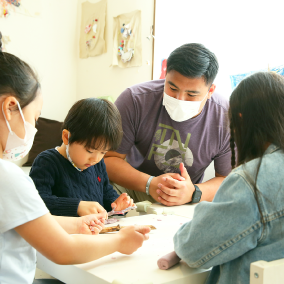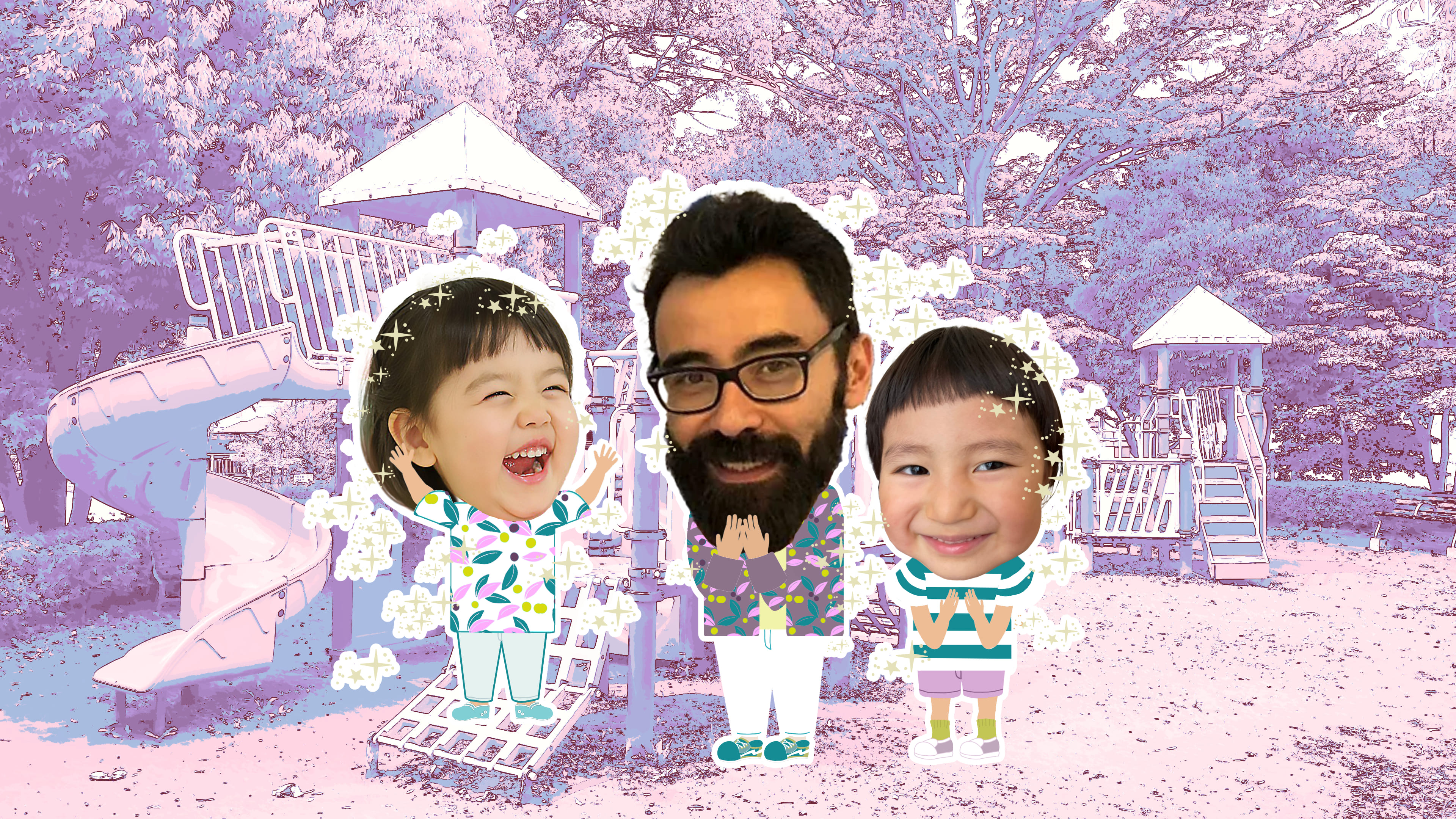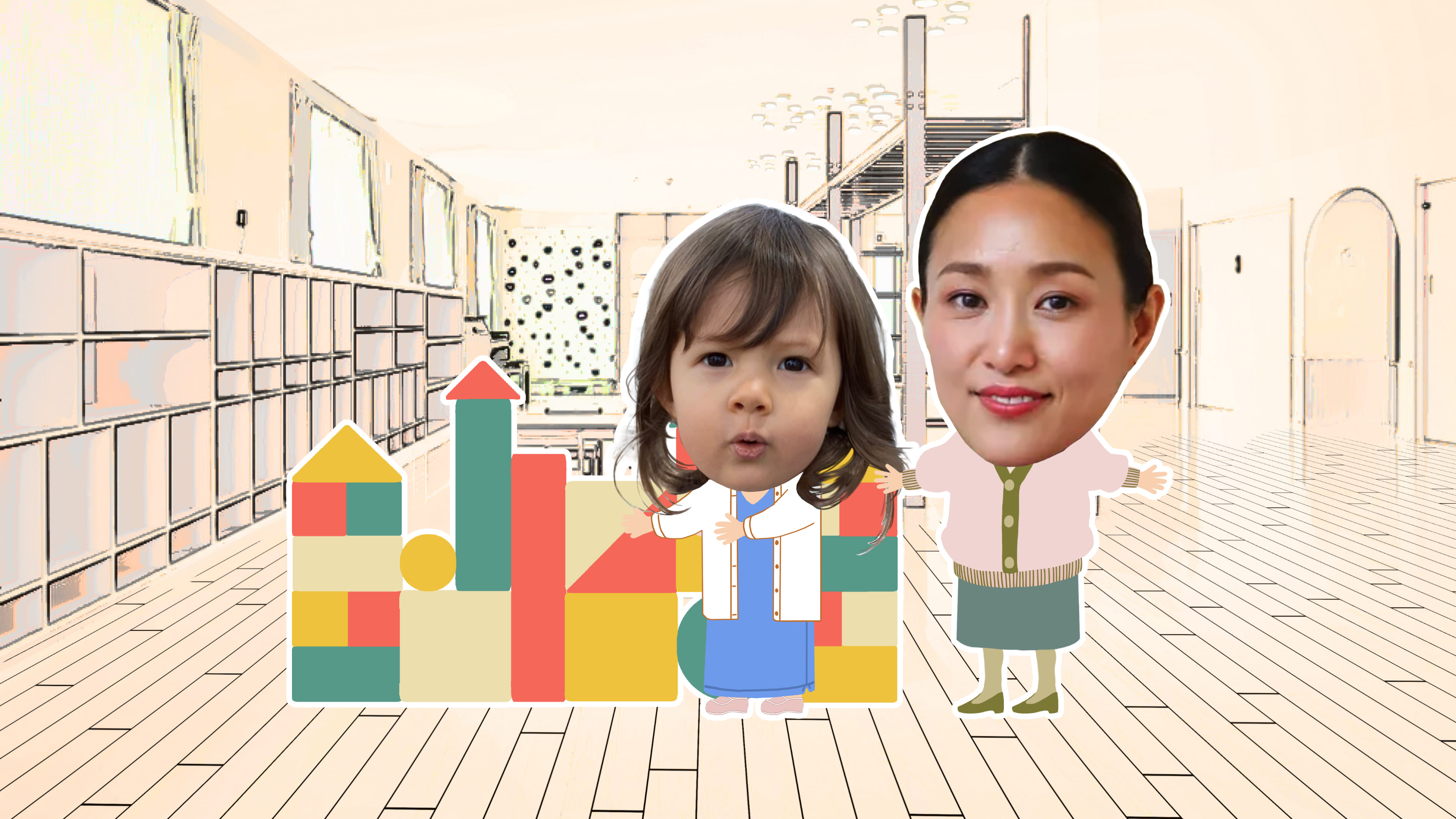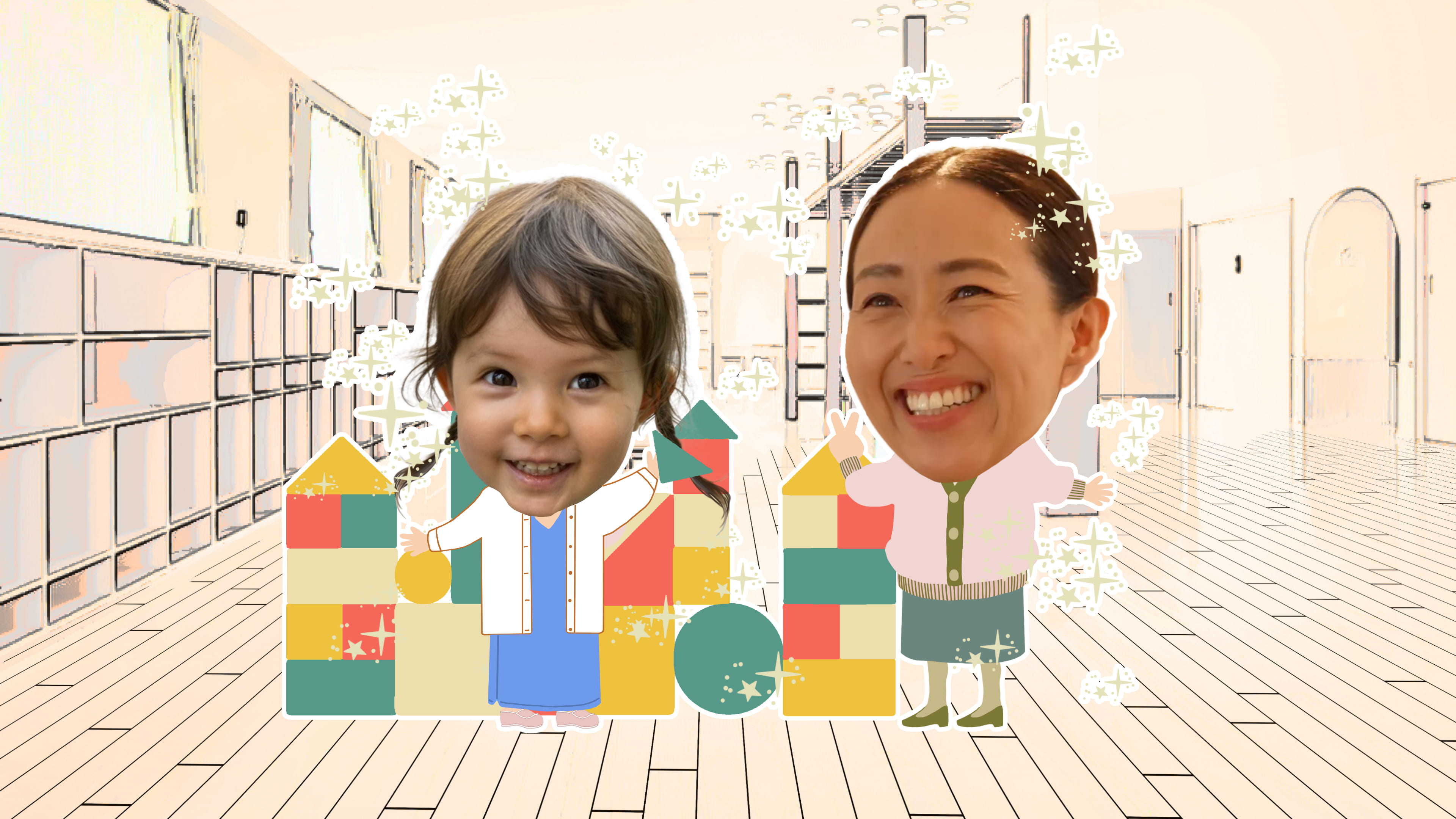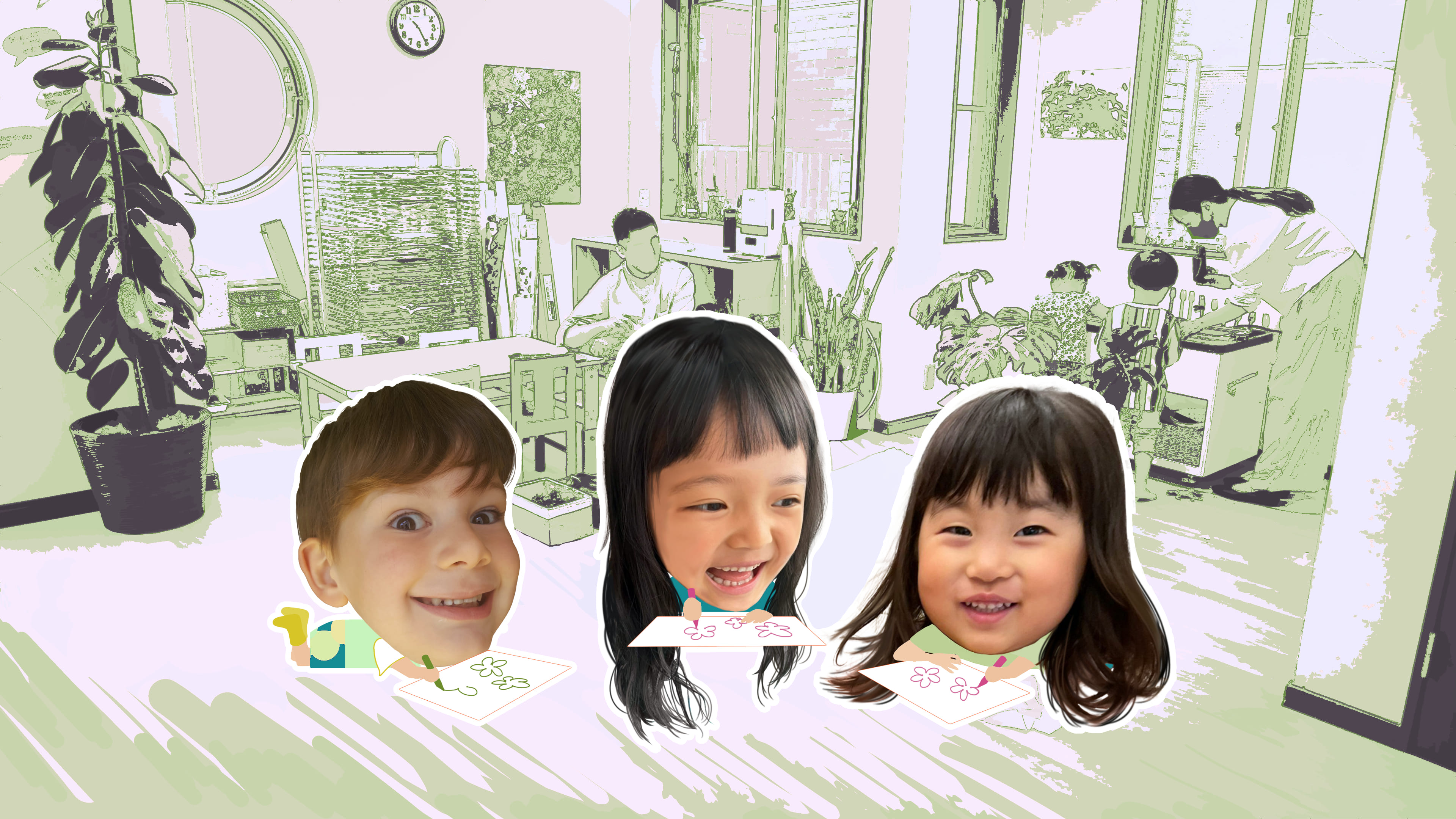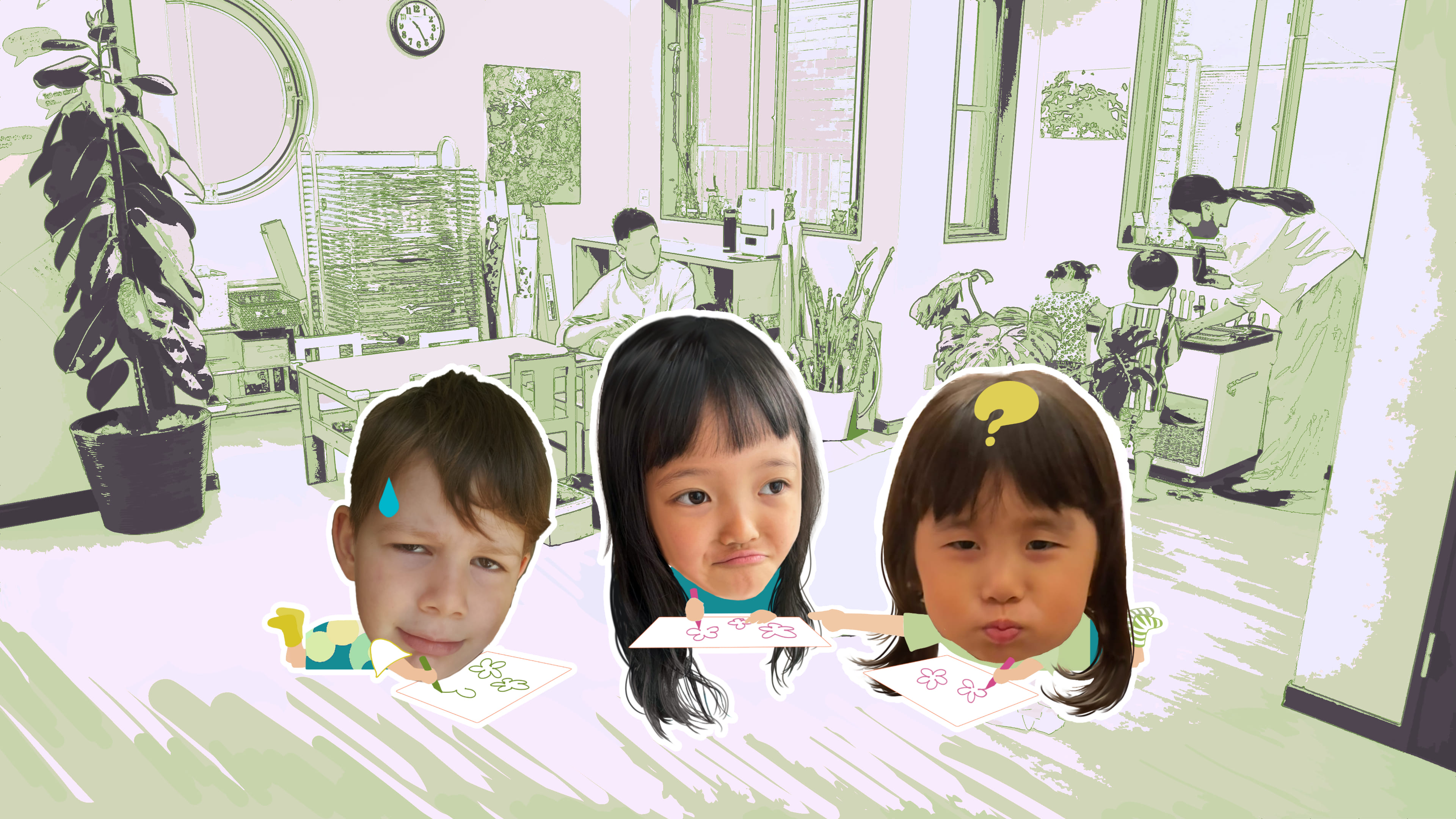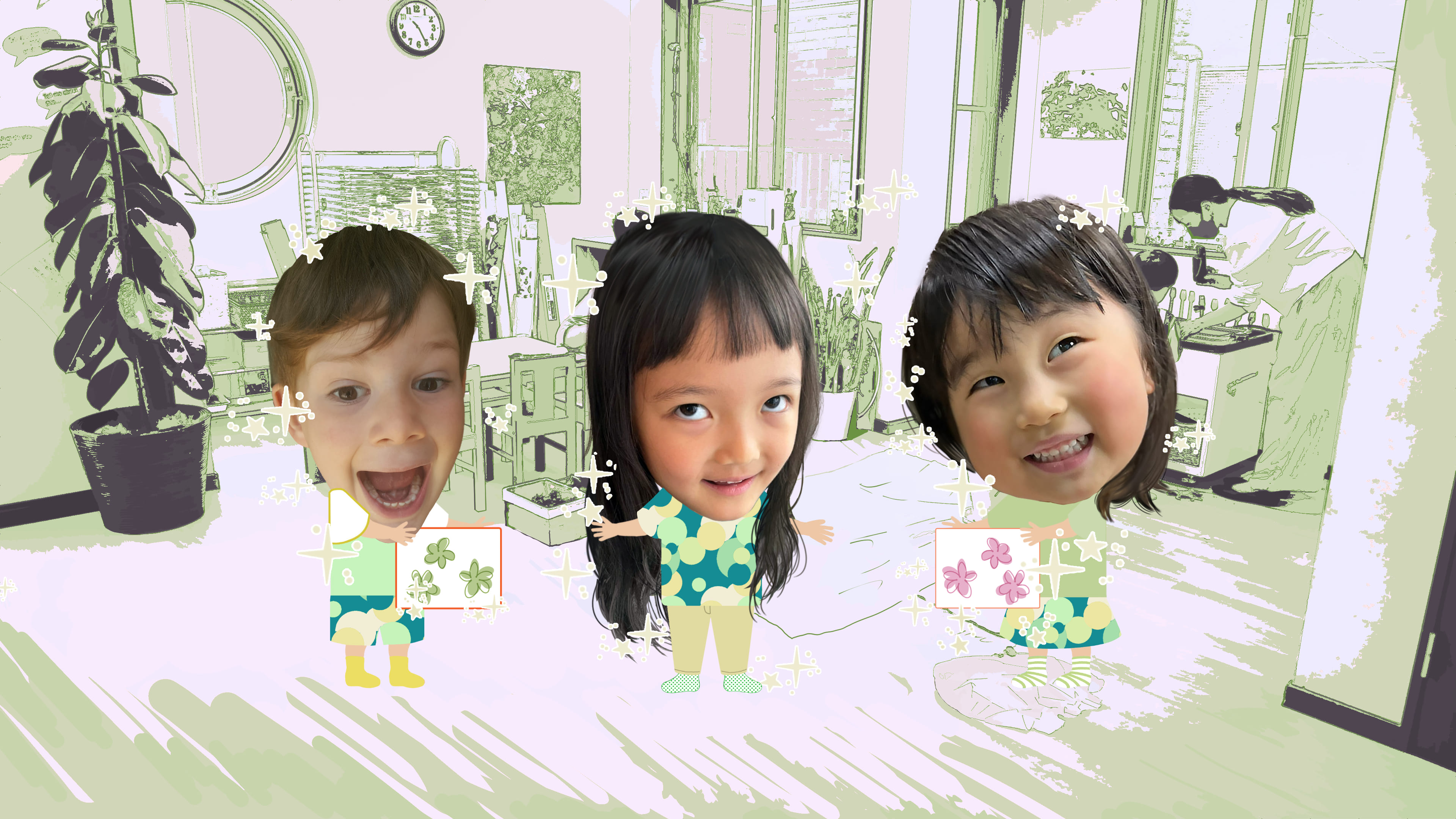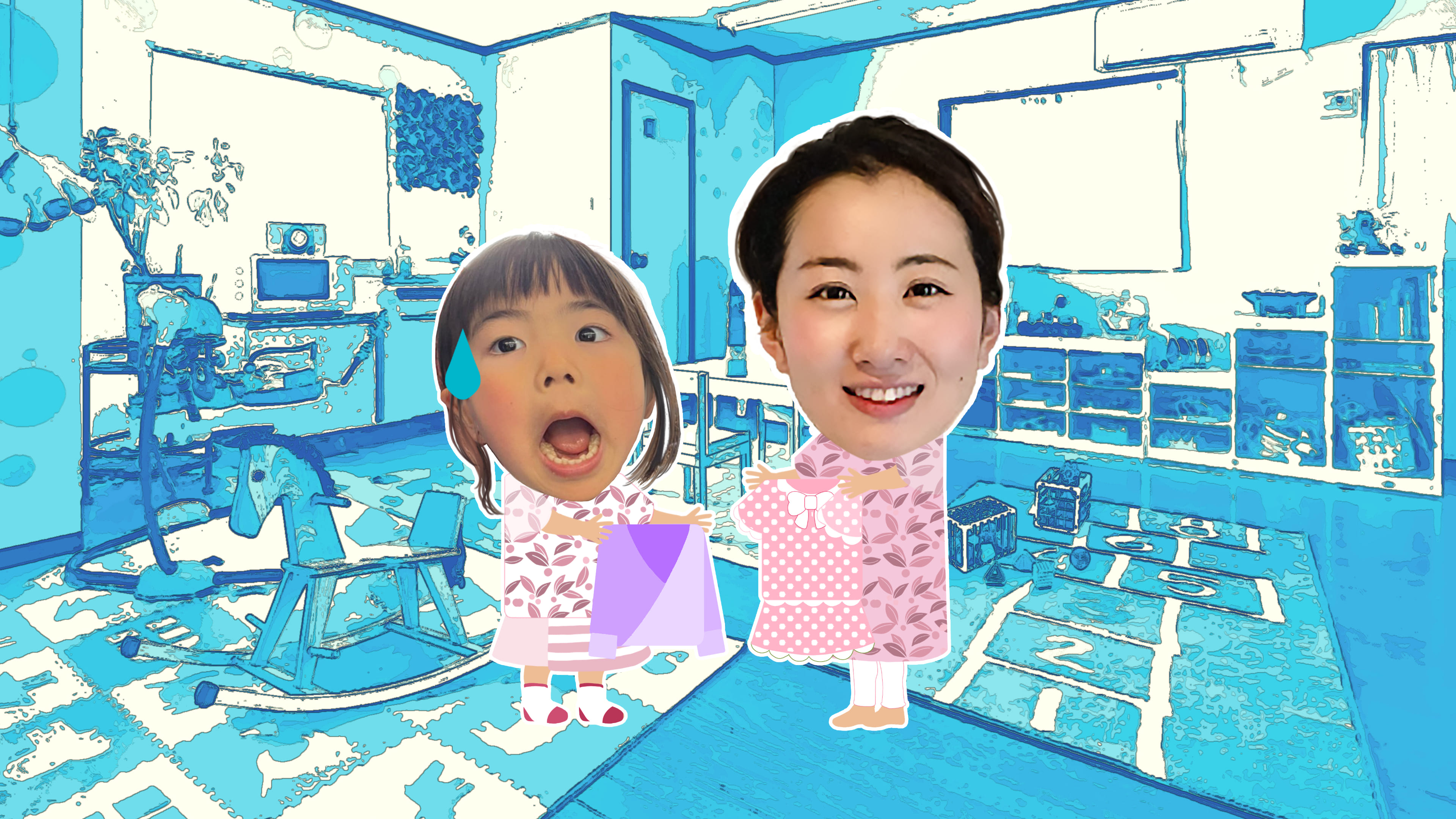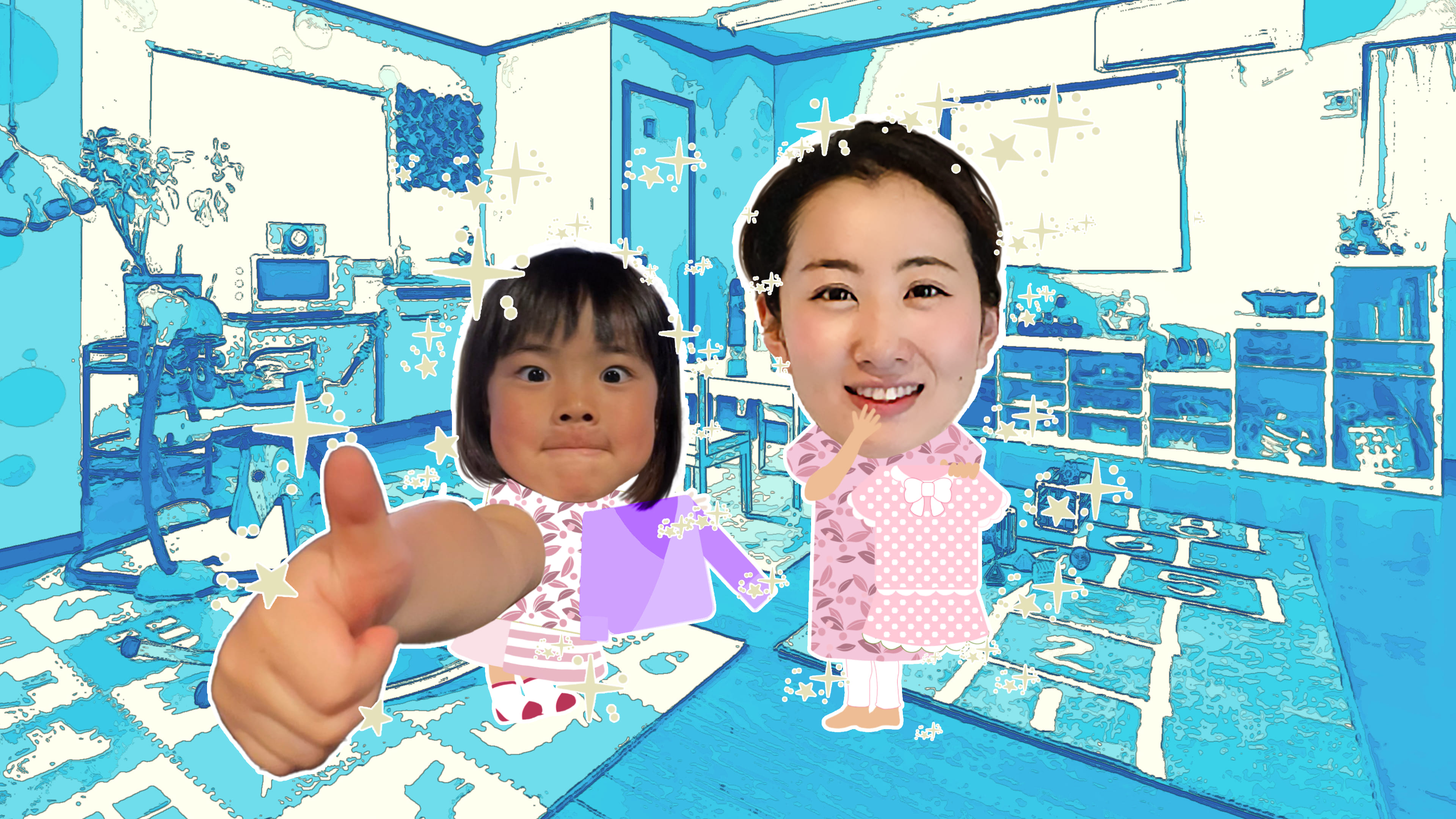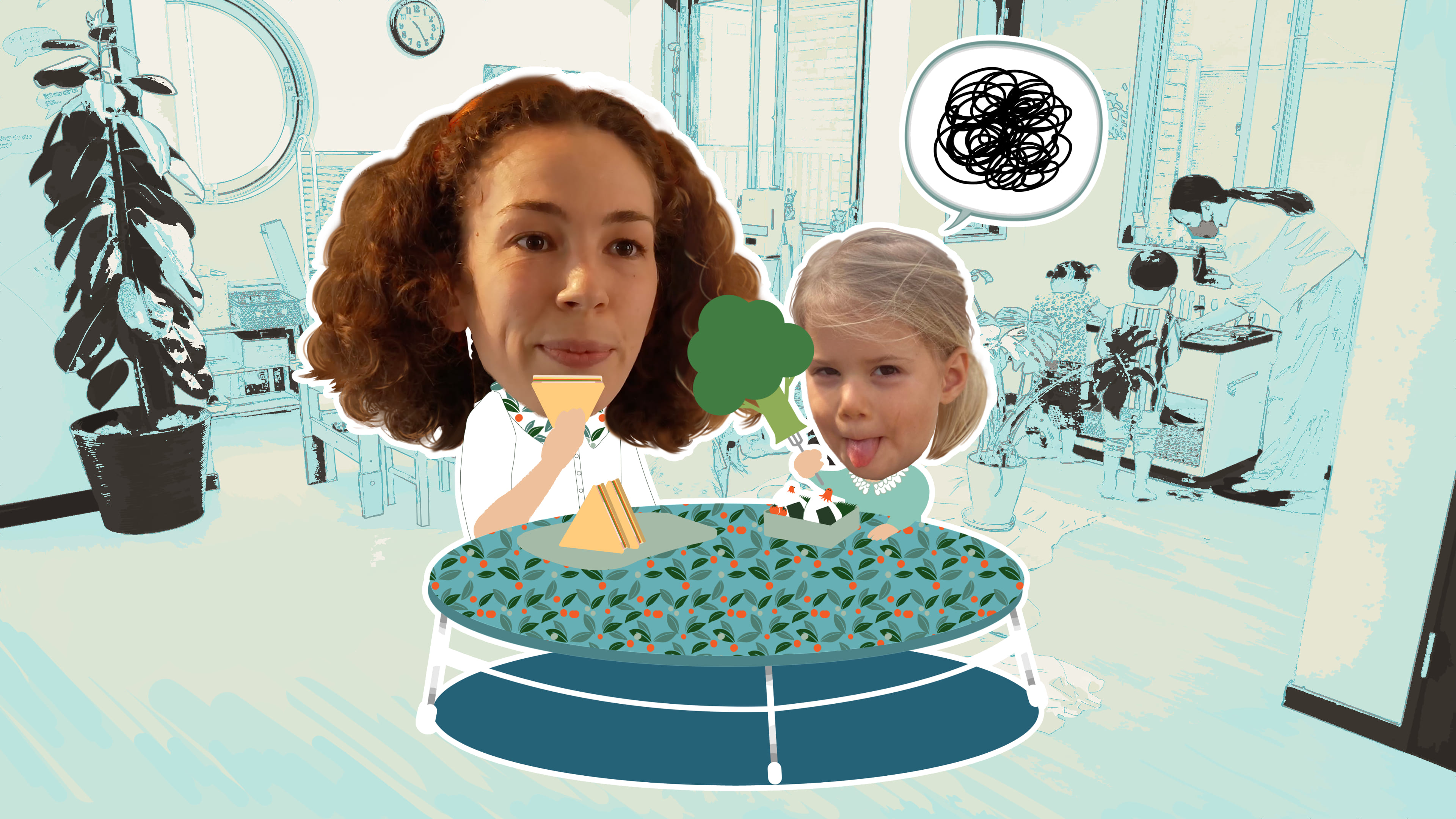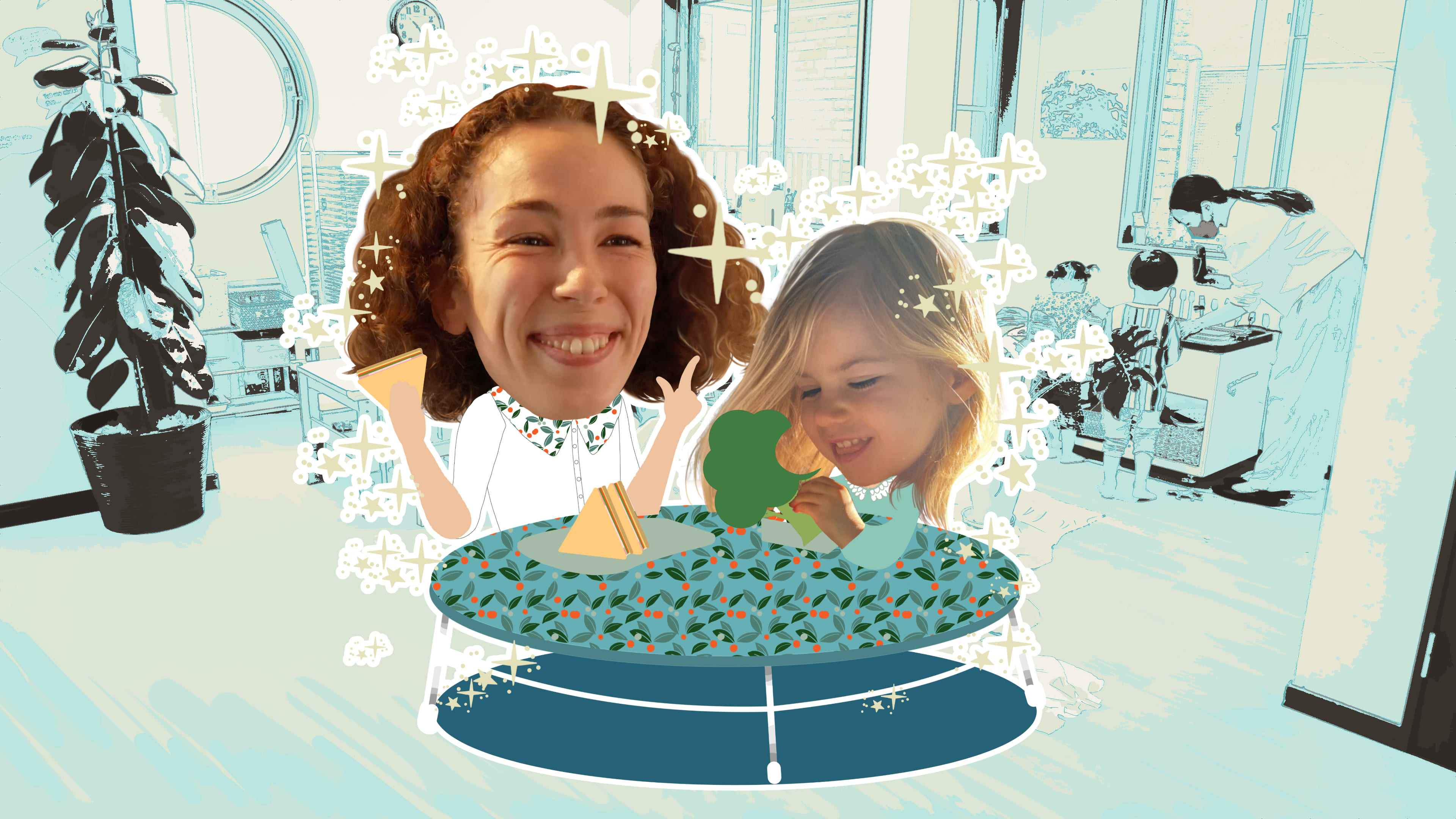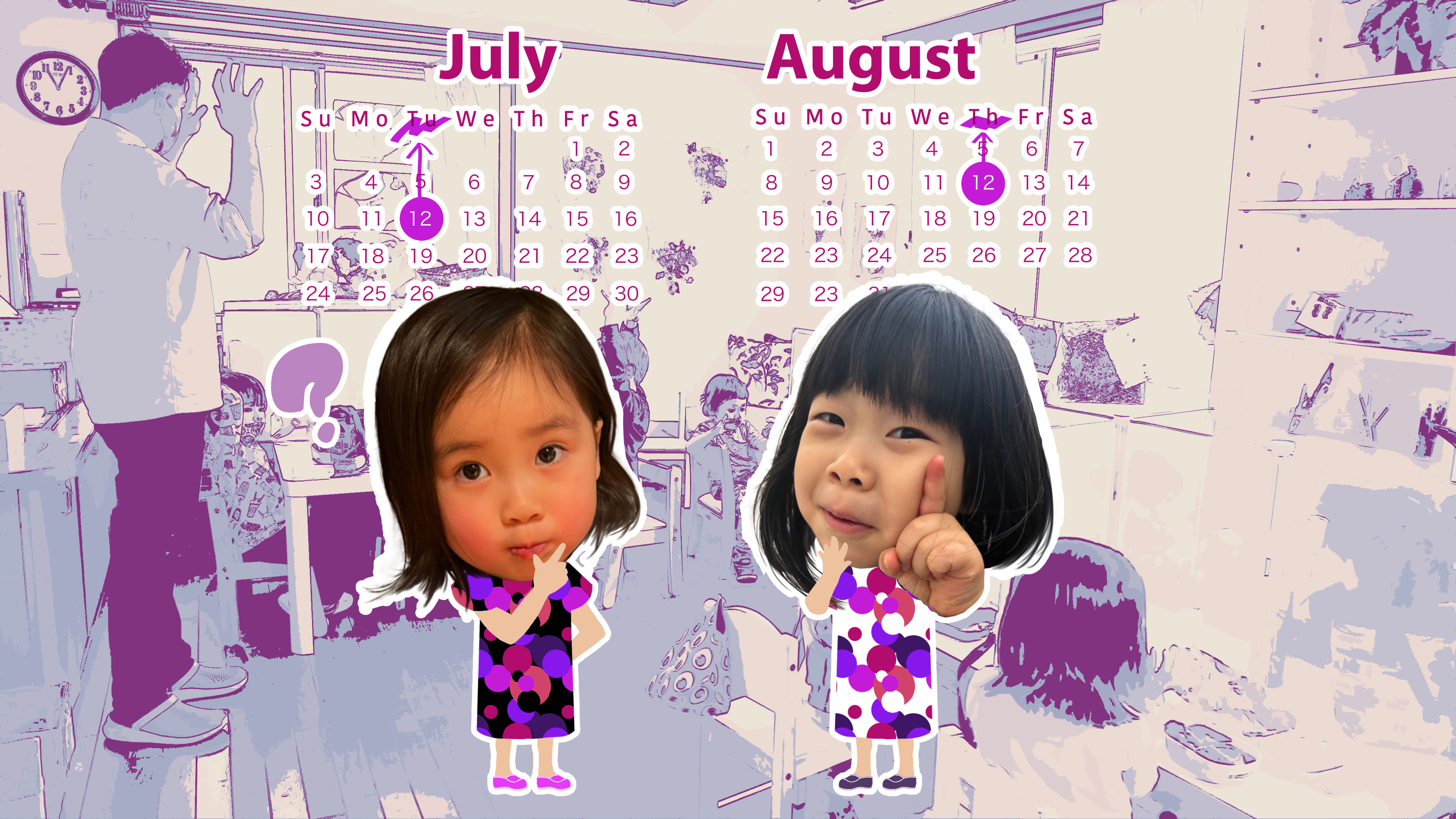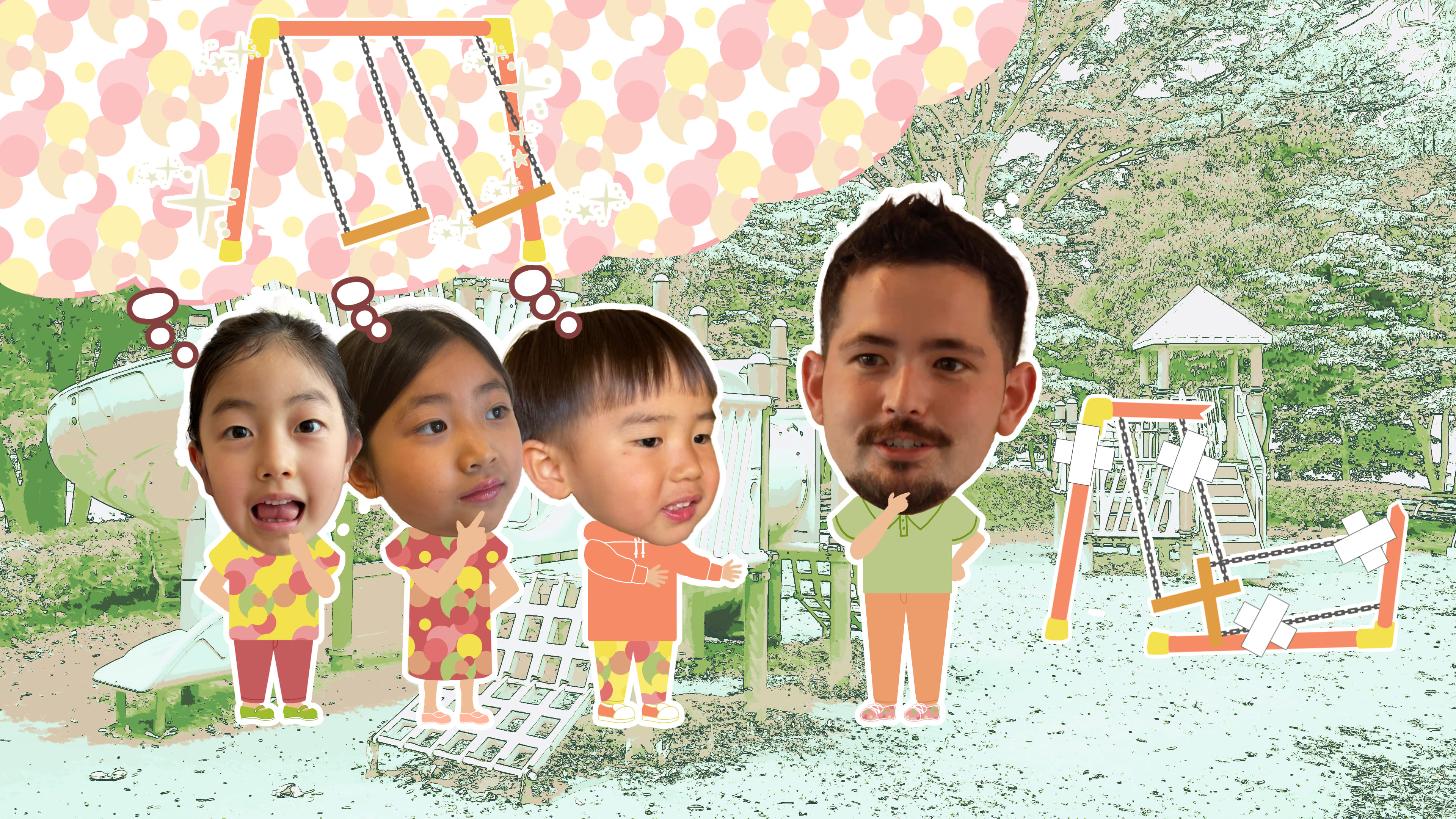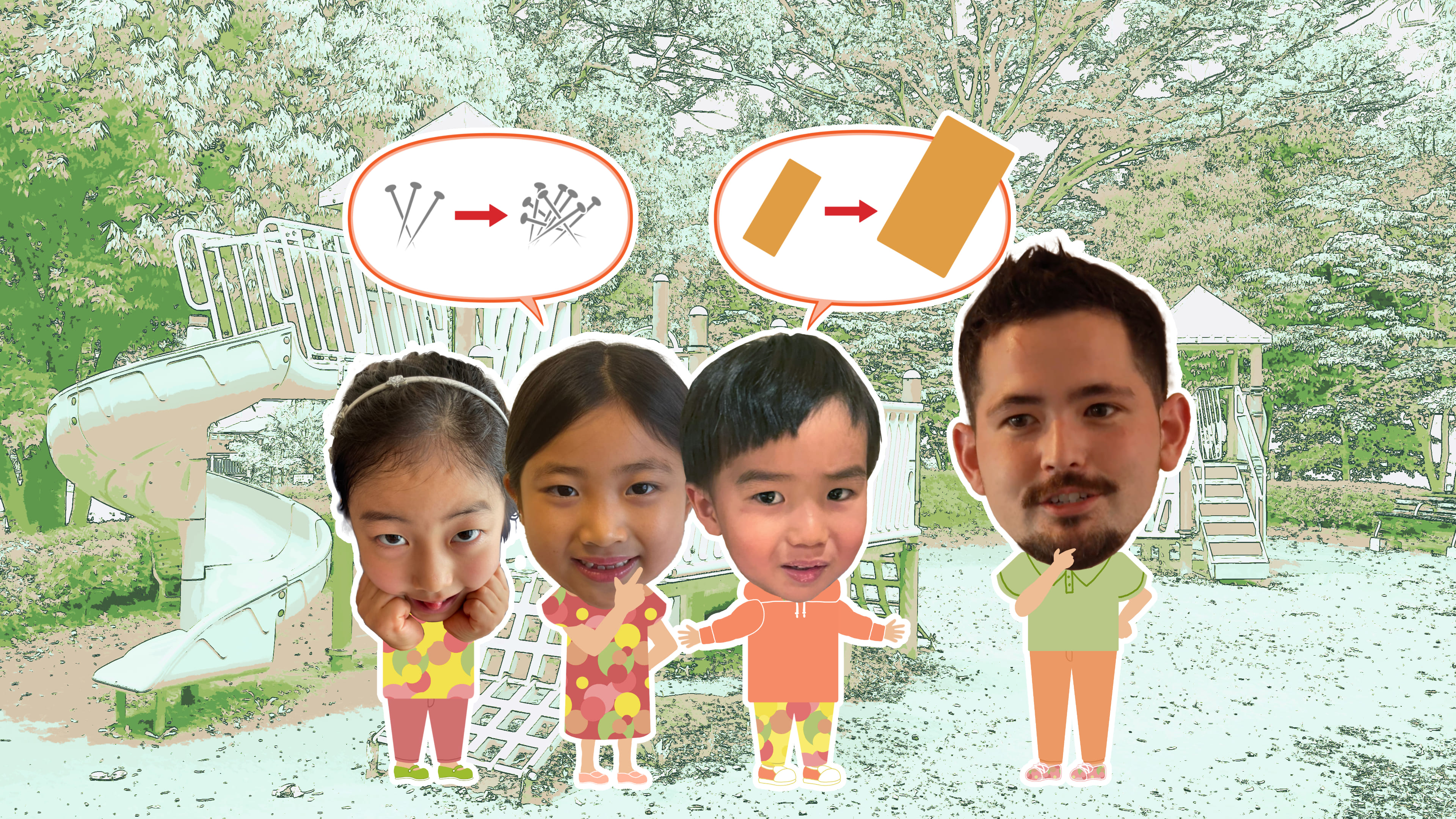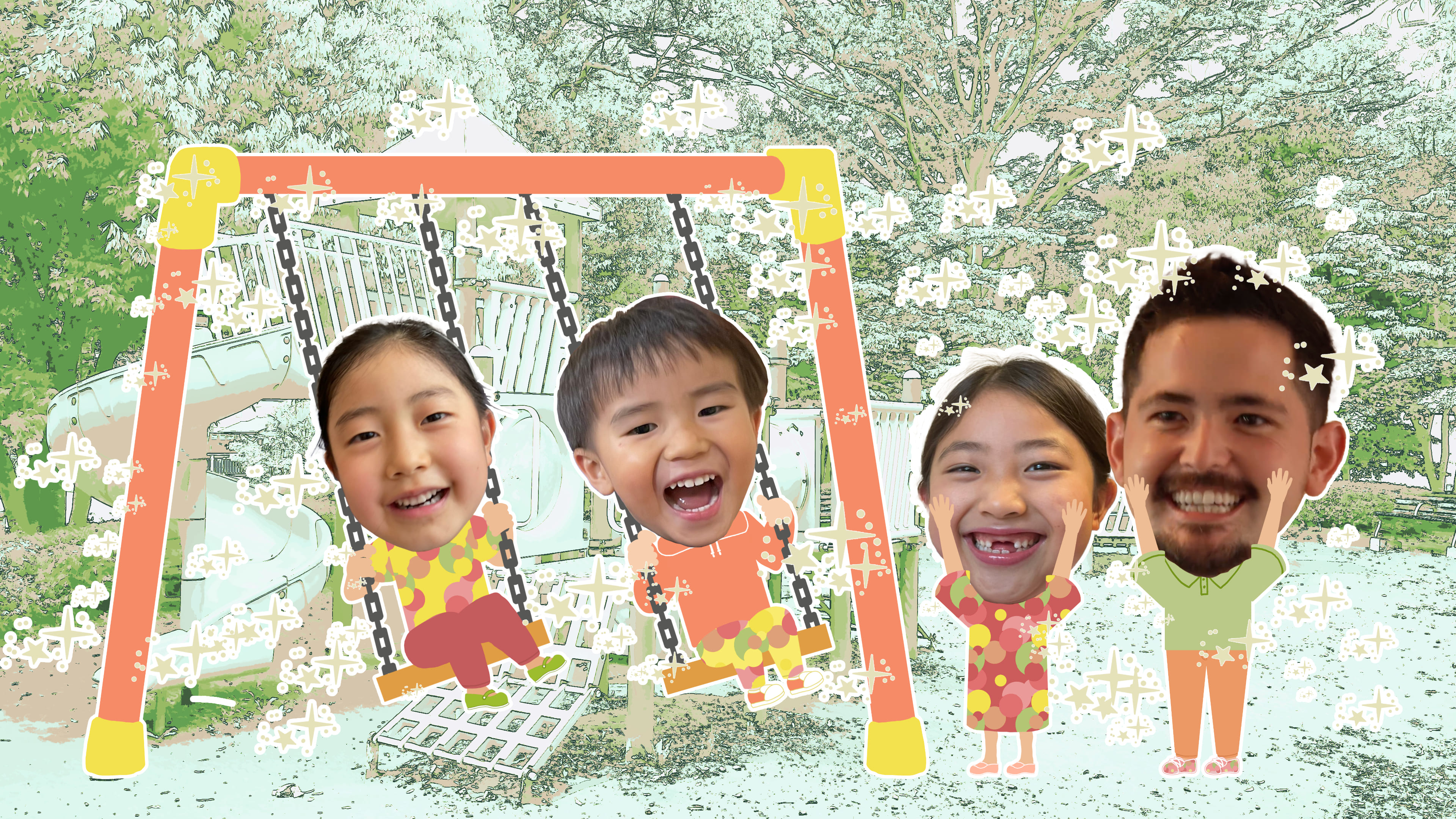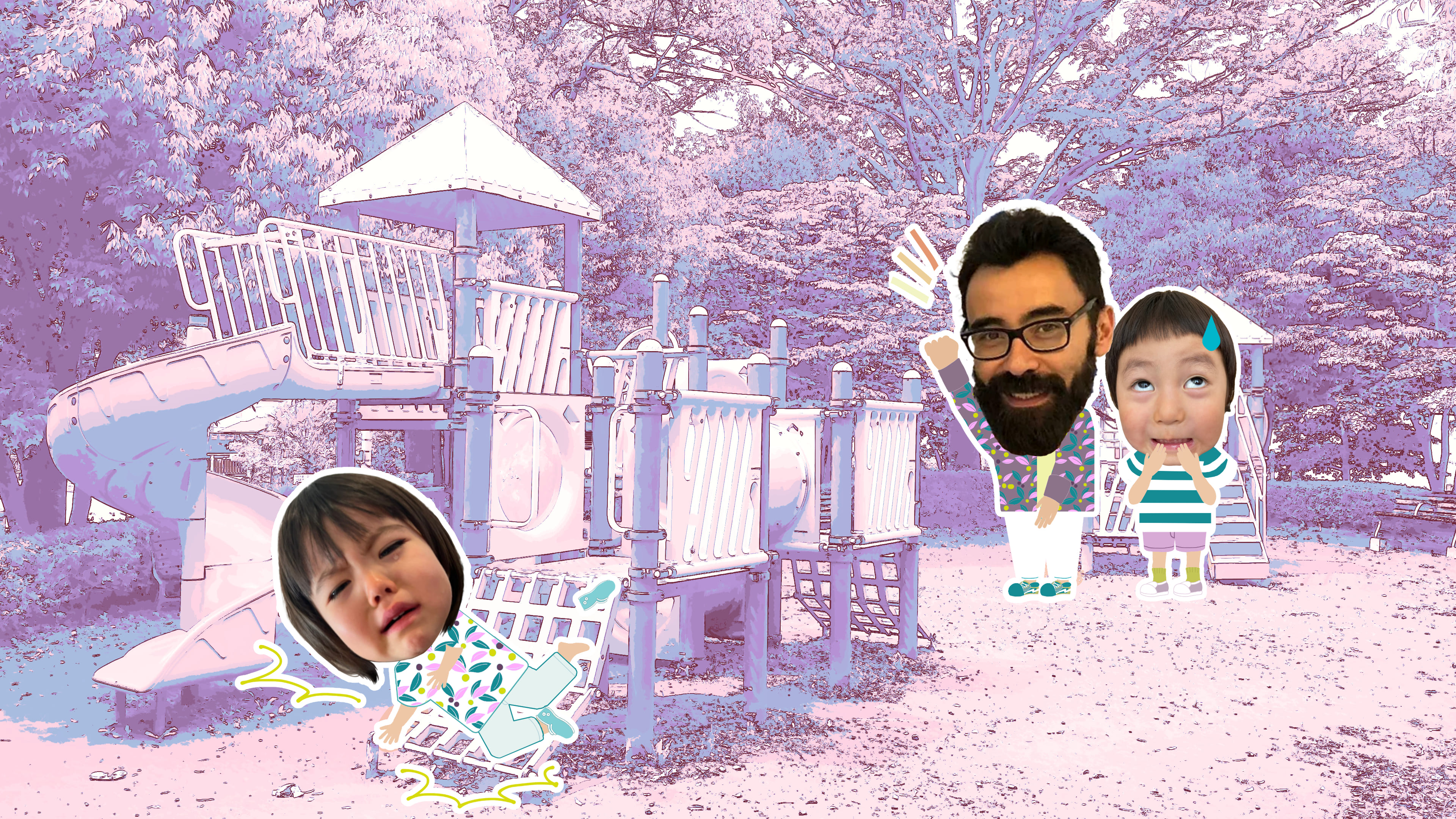

About
About Kodomo edu
© 2022 by Kodomo edu. (Renia, Inc) All Rights Reserved.
Our Story
When my oldest daughter was born, I could not find a preschool or international school that I really wanted her to go to. What I was looking for was a preschool where my daughter could acquire the "ability to survive in the future," not just a preschool where she could play freely or a school where she would just be taught English.
During a family trip to Los Angeles, I had a chance to visit a Reggio Approach preschool. It was a small kindergarten opened by a teacher who had participated in the launch of Disney's in-house kindergarten. I was surprised by the children I saw there. All the children were independent and focused, nurturing their creativity, cooperating with their friends, and expressing their opinions clearly. I learned that the children had been sewing since they were two years old, as they were making a dress by themselves that day.
"I have never seen such a kindergarten.”

Reggio approach
The Reggio Approach is an educational method originated in Italy that nurtures children's natural talents by drawing out their curiosity and exploring with them.
As one of the world's best early childhood education methods, the Reggio Approach is also used at the in-house kindergartens at Google and Disney's U.S. headquarters. The difference between this approach and conventional education is that it nurtures children's independence to think and act on their own initiative. Children develop their potential in a variety of ways: working on a single theme over a long period of time, experiencing nature around them, and expressing their own ideas freely.
"A child has a hundred ways of speaking," said Lauris Malaguzzi, founder of the Reggio Approach. Every child has a different way of expression, a different way of thinking, a different way of playing, and a different individual talent. There is an embodied learning that nurtures these and allows the child's potential to flourish.
Quality
Features of Kodomo eduKodomo Edu's Reggio Approach practice uses art materials and explores projects that grow out of the children’s interest in a 100% English environment.
We nurture the abilities that should be developed in early childhood as well as the social skills that will be necessary in the future.
We nurture a "0 to 1 brain" that discovers and solves problems on its own, creating something from nothing.
This is different! Kodomo edu
Introducing an independent educational style that has adopted the Reggio approach, with actual examples.
 Resilience
Resilience
Instead of immediately helping a child when he or she falls, we first watch over the child, believing in the child's strength. The ability to re-build on one's own is essential in a society undergoing constant change. We applaud when they can stand up on their own!
 Resilience
Resilience
Instead of immediately helping a child when he or she falls, we first watch over the child, believing in the child's strength. The ability to re-build on one's own is essential in a society undergoing constant change. We applaud when they can stand up on their own!
 Patience
Patience
Don't be in a rush, even if everyone else has finished their work and is playing. "Why are you in such a hurry? I know I can do it well if I have enough time, so I'm fine."
 Patience
Patience
Don't be in a rush, even if everyone else has finished their work and is playing. "Why are you in such a hurry? I know I can do it well if I have enough time, so I'm fine."

Blooming
Ability to Thrive in Your Own Way
 Empathy
Empathy
The ability to put yourself in another person's shoes and be considerate, even if you think differently, is the first step in successful communication. When you see a picture that is a different color from the others, you say, "That's nice, too!"
 Empathy
Empathy
The ability to put yourself in another person's shoes and be considerate, even if you think differently, is the first step in successful communication. When you see a picture that is a different color from the others, you say, "That's nice, too!"
 Self-esteem
Self-esteem
If you recognize your own sense of value, you will be more independent in choosing clothes. If there is a piece of clothing they want to wear instead of mom's recommendation, they will insist, "This is my body, so it's my decision."
 Self-esteem
Self-esteem
If you recognize your own sense of value, you will be more independent in choosing clothes. If there is a piece of clothing they want to wear instead of mom's recommendation, they will insist, "This is my body, so it's my decision."
 Self-control
Self-control
Even with foods they don't like, they can decide which parts of the food they will eat by asking, "How much of it can you eat? The child decides what part of the food he or she will eat. "I can eat up to this point." This is the first step to overcoming food difficulties.
 Self-control
Self-control
Even with foods they don't like, they can decide which parts of the food they will eat by asking, "How much of it can you eat? The child decides what part of the food he or she will eat. "I can eat up to this point." This is the first step to overcoming food difficulties.

Growth
Social Emotional Skills
 Curiosity
Curiosity
Go out on rainy days. Walking around and observing things that cannot be found on a sunny day will lead to unexpected discoveries, such as the undersides of leaves and puddles of water.
 Curiosity
Curiosity
Go out on rainy days. Walking around and observing things that cannot be found on a sunny day will lead to unexpected discoveries, such as the undersides of leaves and puddles of water.
 Critical Thinking
Critical Thinking
"What day is it today?" The children fill in the numbers on the calendar each day. Then, "April 12 was Tuesday, but May 12 is Thursday?" Questions like these begin to arise. This is the beginning of critical thinking.
 Critical Thinking
Critical Thinking
"What day is it today?" The children fill in the numbers on the calendar each day. Then, "April 12 was Tuesday, but May 12 is Thursday?" Questions like these begin to arise. This is the beginning of critical thinking.
 Collaboration
Collaboration
Once you decide to build a swing set, you have to stick with it, which is Reggio's way. Even if you fail, you can improve it by sharing ideas with everyone, and in the end, it will be a successful experience.
 Collaboration
Collaboration
Once you decide to build a swing set, you have to stick with it, which is Reggio's way. Even if you fail, you can improve it by sharing ideas with everyone, and in the end, it will be a successful experience.

Core
Self- Reliance
 Resilience
Resilience
Instead of immediately helping a child when he or she falls, we first watch over the child, believing in the child's strength. The ability to re-build on one's own is essential in a society undergoing constant change. We applaud when they can stand up on their own!
✕ Patience
Patience
Don't be in a rush, even if everyone else has finished their work and is playing. "Why are you in such a hurry? I know I can do it well if I have enough time, so I'm fine."
✕ Empathy
Empathy
The ability to put yourself in another person's shoes and be considerate, even if you think differently, is the first step in successful communication. When you see a picture that is a different color from the others, you say, "That's nice, too!"
✕ Self-esteem
Self-esteem
If you recognize your own sense of value, you will be more independent in choosing clothes. If there is a piece of clothing they want to wear instead of mom's recommendation, they will insist, "This is my body, so it's my decision."
✕ Self-control
Self-control
Even with foods they don't like, they can decide which parts of the food they will eat by asking, "How much of it can you eat? The child decides what part of the food he or she will eat. "I can eat up to this point." This is the first step to overcoming food difficulties.
 Curiosity
Curiosity
Go out on rainy days. Walking around and observing things that cannot be found on a sunny day will lead to unexpected discoveries, such as the undersides of leaves and puddles of water.
 Critical Thinking
Critical Thinking
"What day is it today?" The children fill in the numbers on the calendar each day. Then, "April 12 was Tuesday, but May 12 is Thursday?" Questions like these begin to arise. This is the beginning of critical thinking.
 Collaboration
Collaboration
Once you decide to build a swing set, you have to stick with it, which is Reggio's way. Even if you fail, you can improve it by sharing ideas with everyone, and in the end, it will be a successful experience.
The reason why
Kodomo edu is chosen
01
The full-fledged Reggio Approach Education
The Reggio Approach is a completely different educational method from one-way education in which the teacher teaches knowledge. It is a style of learning in which children's interests are explored as projects under an environment that respects the "rights of the child". All children are considered "intelligent, capable, creative, original, and valuable individuals". At Kodomo Edu learning is provided while respecting the child's will and individuality.
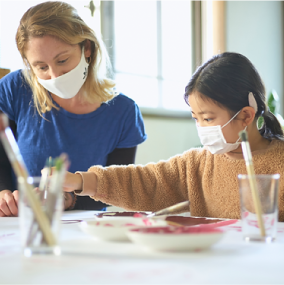
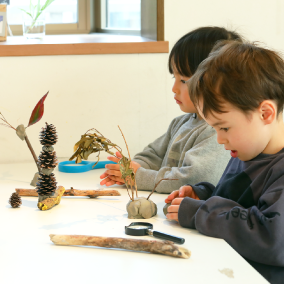
02
Programs in collaboration with professionals in Japan and overseas
Kodomo Edu has invited Alessandra, author of "The Reggio Approach" (Bungeishunju), as an outside consultant, and has convened a Reggio teacher from Los Angeles as a program advisor, where the Reggio Approach is thriving. The curriculum is designed by an international team with extensive knowledge of the Reggio Approach in practice.
03
An environment where learning can continue from kindergarten to elementary school
Kodomo Edu offers a preschool for children from 2 to 6 years old and an after school program for children from kindergarten to third grade in the same school building. The preschool program is a hybrid program of an "art class" to deepen thinking and an "English class" to foster self-expression and English language skills.
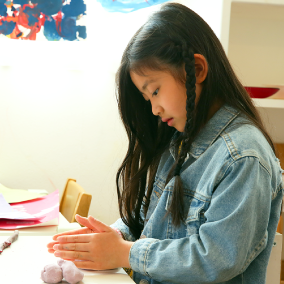
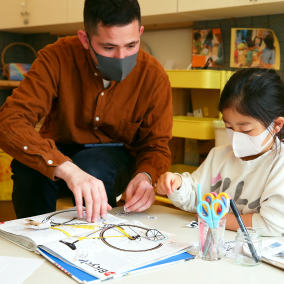
04
International education through exchange with overseas partner schools
We have a partnership with Reggio Approach Preschool in Los Angeles, USA. We use video messages, photos, and letters to communicate with the students. At Zoom meetings held once or twice a month, students ask each other various questions, teach each other their favorite songs, and discover what is different and what is not different in the country they live in. We provide an experience that directly connects them to the world.
05
Checking children's growth through a 10-item assessment
Kodomo Edu has independently selected 10 abilities that are required of children around the world today, and developed a bespoke assessment. We share the child's current stage of learning with the parents each semester, and the school and the parents work together to help the child reach their potential.
